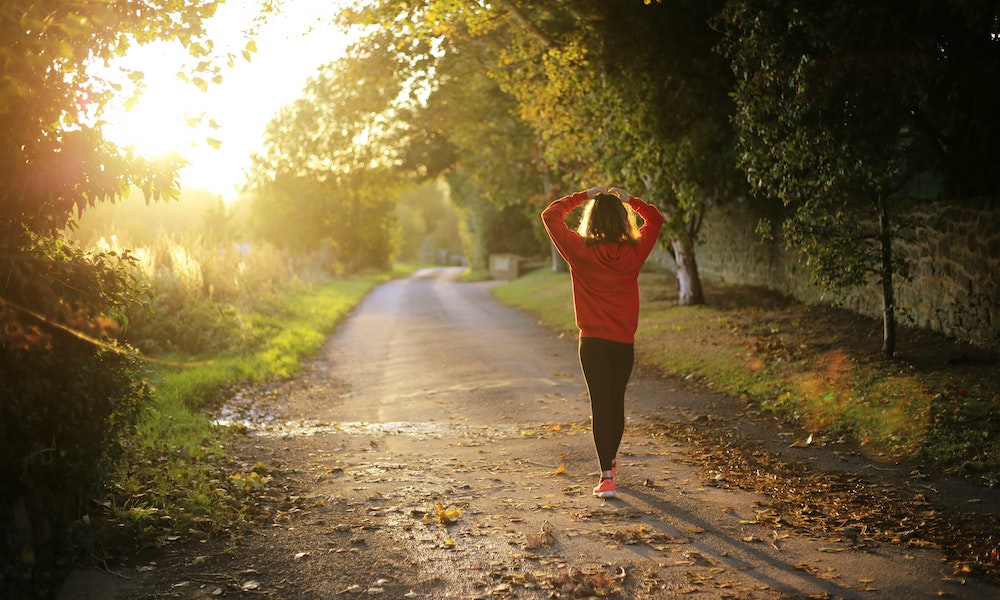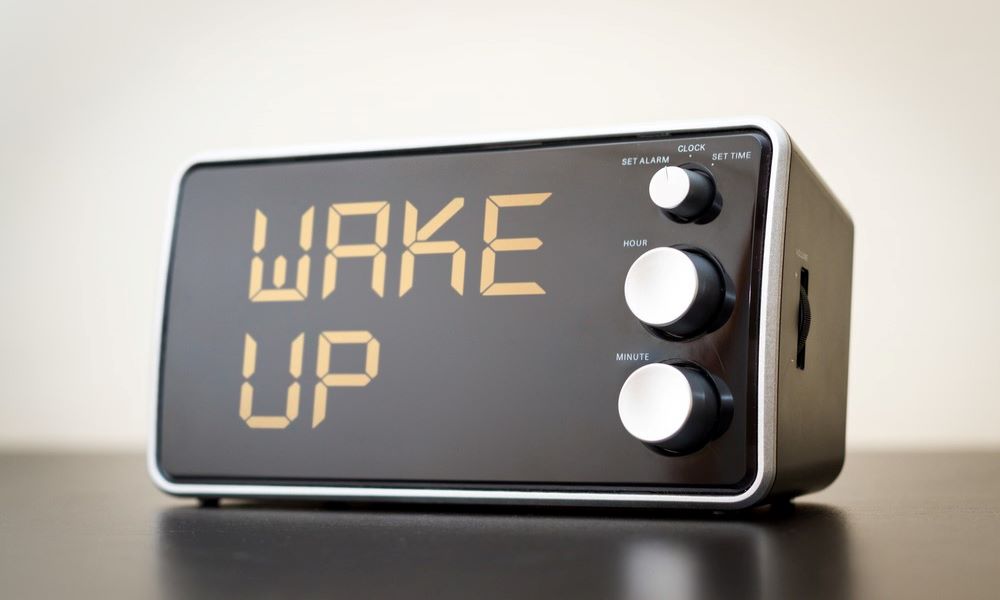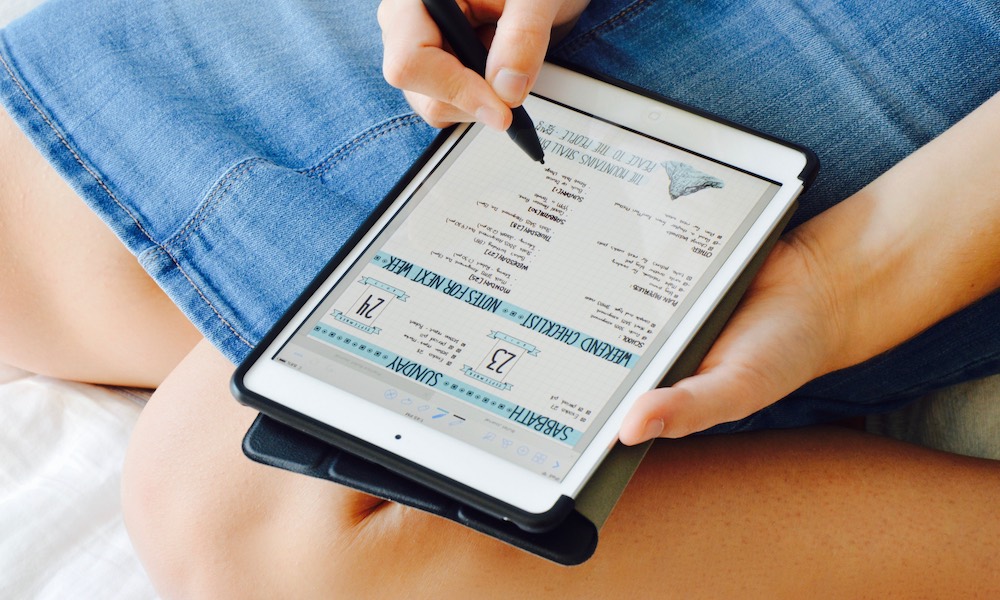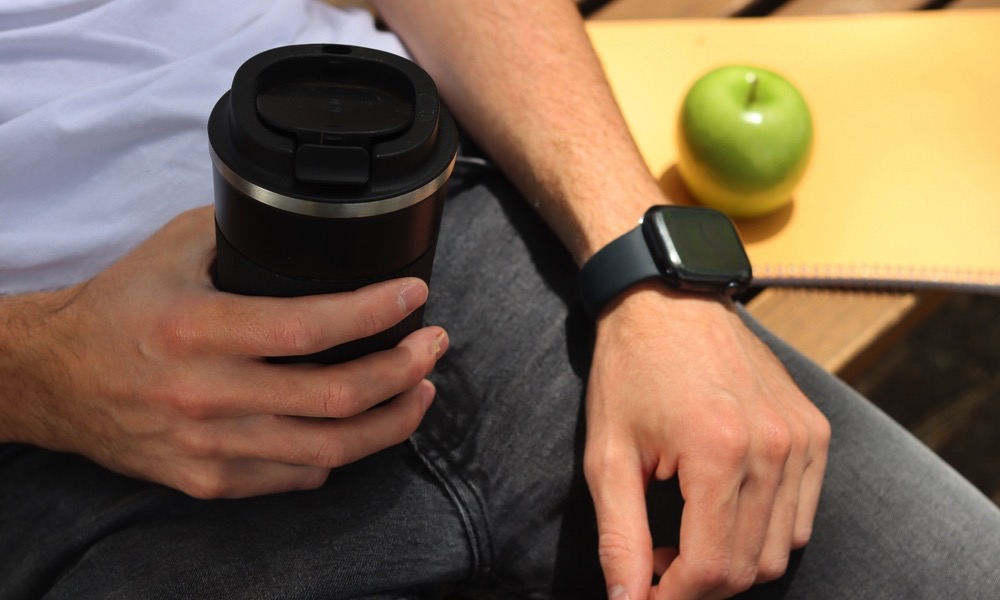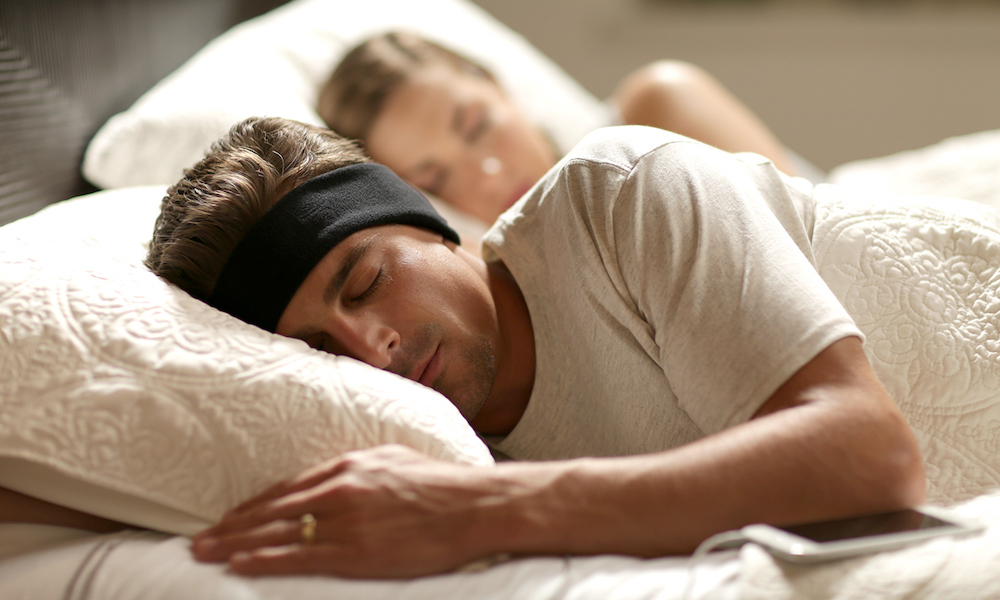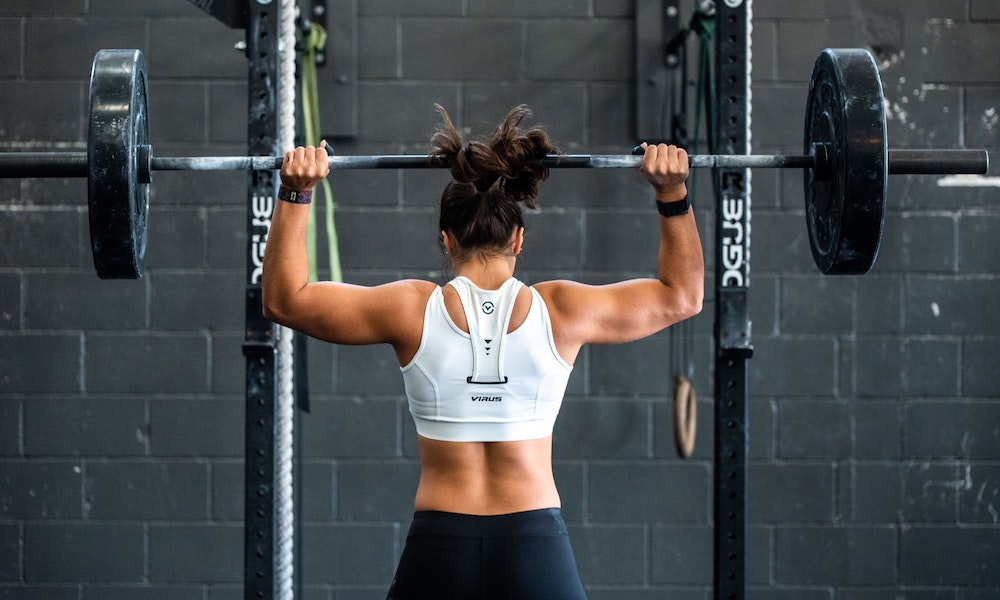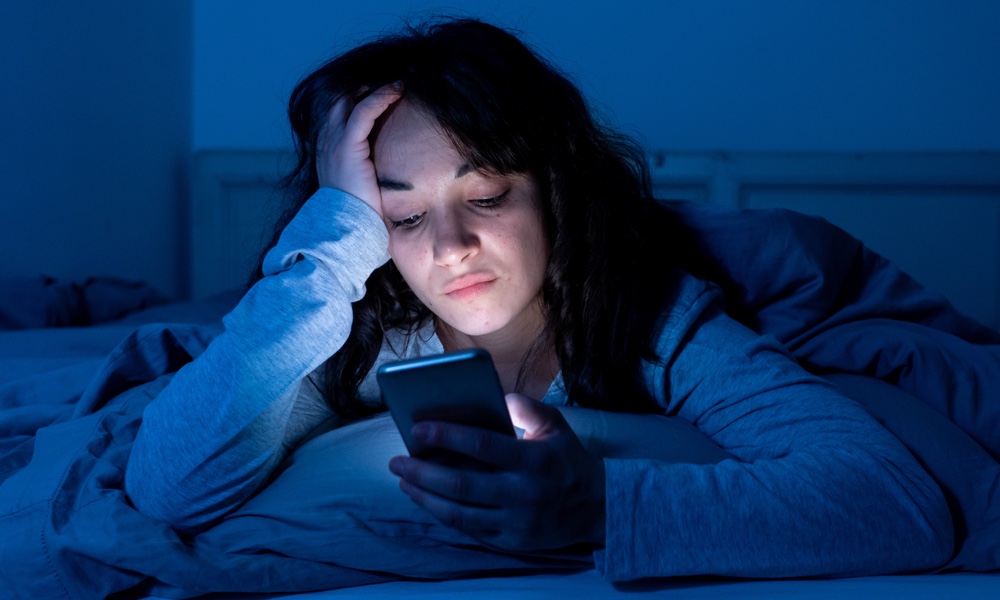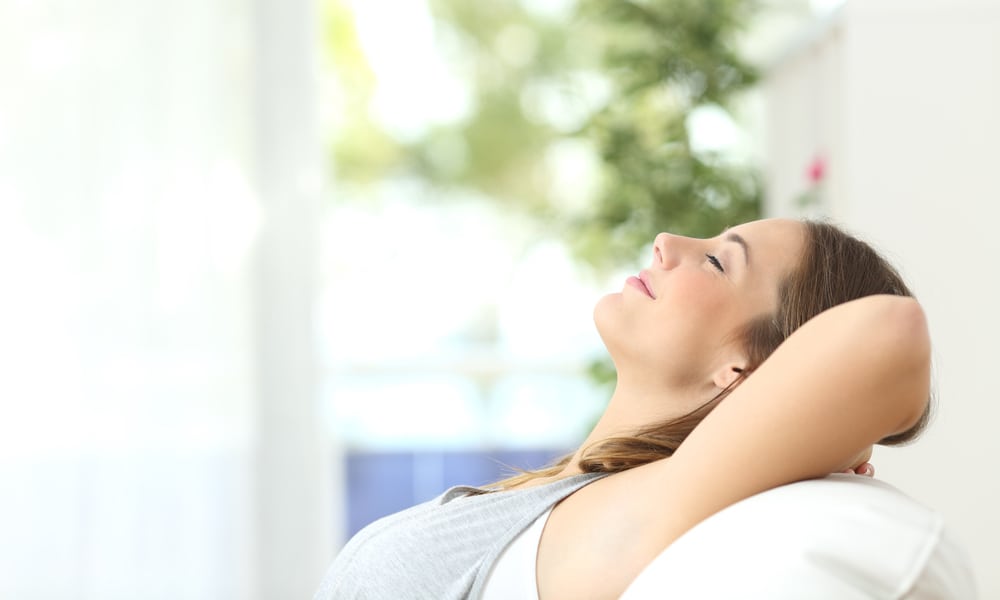Is The Time Change Killing You? Eleven Tips That Help You Get Used to It
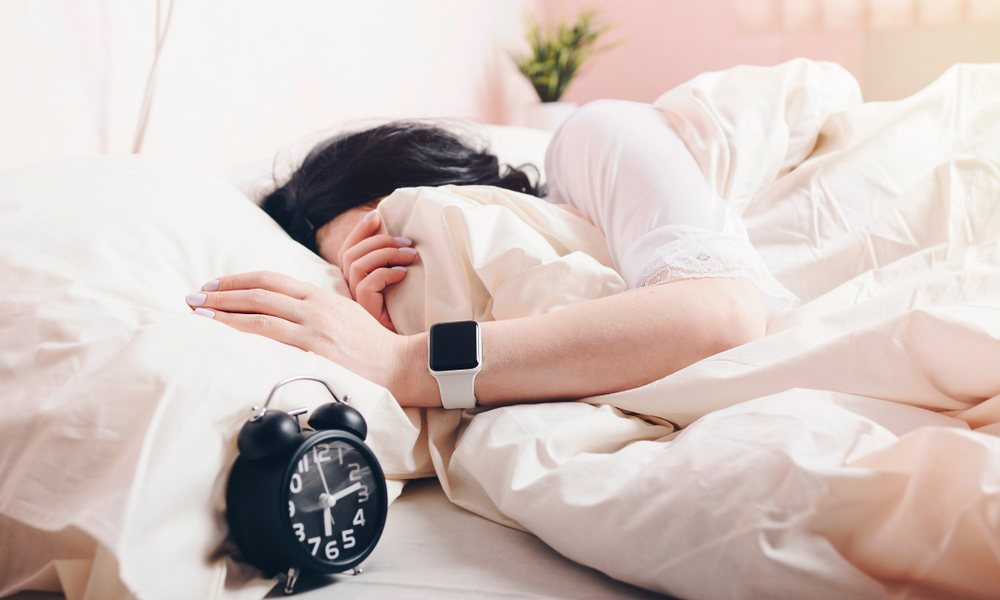 Credit: Photosumm / Shutterstock
Credit: Photosumm / Shutterstock
Daylight saving time can be something pretty hard to get used to. While the time change doesn't really affect some people, there are a few of us who would give anything to avoid having to change our schedule twice a year.
If you're the latter, then you probably always have a hard time adjusting to a new time. Don't worry, you aren't the only one.
The good news is that there are many ways for you to get used to the time change as quickly as possible. Read on for eleven tips to get you started.
Go Outside More Often
With shorter days, there is less sun for us to take advantage of. The lack of sun might make you feel blue and like you don't want to do anything.
The good news is that you can fight this by going outside and getting some sun. You don't need to do this first thing in the morning but try to take a walk and catch some sun before it's too late in the day.
This will help you have a better mood, relieve stress, and give you some much-needed vitamin D. Not to mention that walking will definitely help you lose some extra pounds.
Try to Stick to the Same Schedule
Adjusting your schedule means you'll get more time to sleep, but that might not be the best idea if you're having a hard time with the time change.
If possible, you should try to keep the same schedule so your body knows when it's time to wake up and when it's time to go to bed. If you do change your schedule, try to stick to it — even on the weekends — so your body adjusts to it faster.
Stick to a Routine
Your schedule isn't the only thing you need to keep the same. Having a routine when you wake up and before you go to bed will also help you get used to the time change.
So try to find the best routine for you to follow as soon as you wake up. This will help your body know that it's time to get out of bed and become a productive human being.
Likewise, try to stick to a night schedule to let your body know when it's time to sleep. This means you should stay away from your iPhone or other devices for an hour or more before you actually have to go to sleep.
You can instead listen to some relaxing music, journal, meditate, or even read. All of these activities will help you sleep faster and better.
Consume the Right Food
This is a tip that we all should follow, even if it's hard to do. But if you want to help your body adjust to the time change, eating the right foods is important. Like everything else, there's an app for that — and even some helpful guides available if you don't know where to start.
Near the end of the day, you should try to eat something light that won't mess with your sleep schedule. In the morning, you should try to eat food that gives you energy, like oatmeal, nuts, or fruits, to boost your energy and mood during the day.
Stop Drinking Caffeine Late at Night
Sure, eating the right food is important. But the most important aspect to consider is when you eat these foods.
For instance, you should always try to avoid coffee at night. But that's not all; you should also avoid other beverages and food that contain high levels of sugar and caffeine.
That means you should also stop consuming sodas, chocolate, energy drinks, or other supplements near the end of the day. You can still consume them but try to do it at the beginning of your day so you give your body enough time to process them.
Don't Oversleep
This goes hand in hand with having a schedule, but you should try to avoid oversleeping, especially if you haven't gotten used to the time change.
Sure, you'll have an extra hour to sleep, but you should try to just sleep your regular eight hours. You can use that additional time to start your day. That way, your body won't have to adjust to the new time, and you'll have more time during the day to do stuff you enjoy.
Work Out Regularly
Besides going outside for a walk, you should also try to work out a few times during the week.
Not only will this help your body release stress and feel better, but it'll also help you get tired so you can go to bed when you need to.
Plus, working out at the right time during the day will give you some boost of energy so you don't suffer from the midday slump — or at least not as much.
Stop Using Your iPhone at Night
Using your phone too much is never good. There have been many studies that show that overusing your phone might cause some mental and even health issues.
A big example is sleep. Your iPhone's display isn't meant to be used at night, and the blue light may mess up your sleep schedule by keeping you awake longer than you should. Your iPhone's Night Shift mode can help with this, but it's better to just put your iPhone down entirely at least a few minutes before you get into bed.
Not only that, but the small doses of dopamine might give you some extra energy so you can't fall asleep when you're done using your phone.
The best solution is to stick to a routine — as we previously mentioned — that forces you to stop using your phone or any other screens near you. This should improve the quality and quantity of your sleep.
Start Preparing Ahead of Time
We all know when daylight savings time clock changes will hit, so you can start preparing your body before it actually happens.
As you probably know, creating a habit isn't easy, but the more times you do it, the easier it'll be.
So you should try to prepare a week before so your body understands and is ready for when the time change actually comes. Try setting a Bedtime Schedule in your iPhone's Clock app — and sticking to it.
Relax Your Mind and Body Before Bed
As part of your night schedule, you should try to relax your mind and body before going to bed.
This will depend on who you are and what makes you feel relaxed, but you can start by doing some meditation or stretches before going to bed. If you're not sure where to start, you can try some mindfulness and meditation apps.
You can also try to set your room at the right temperature. Having a slightly cooler room may help you sleep better.
You Can Also Try Melatonin

When everything else fails, you can also try some melatonin. In case you don't know, melatonin is a hormone that your body uses to help you sleep.
Usually, your body is capable of creating it by itself, but for some of us, that's not enough. If that's your case, you can take some melatonin to help try to help you sleep faster. Keep in mind that this is not a sleeping pill per se, but it can help your body prepare to go to bed.
Keep in mind that this might not work for everyone, so it's best to consult with your doctor or health provider before you start taking it.

